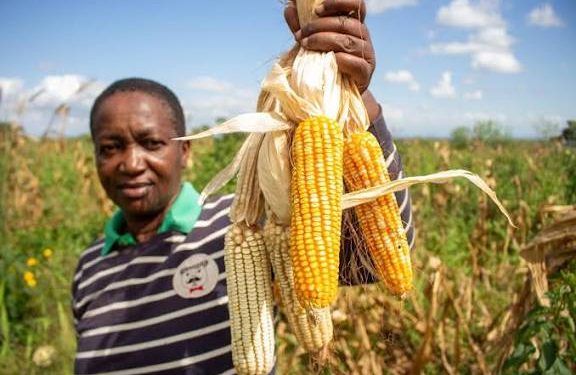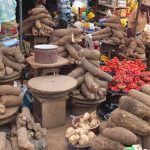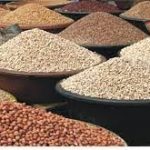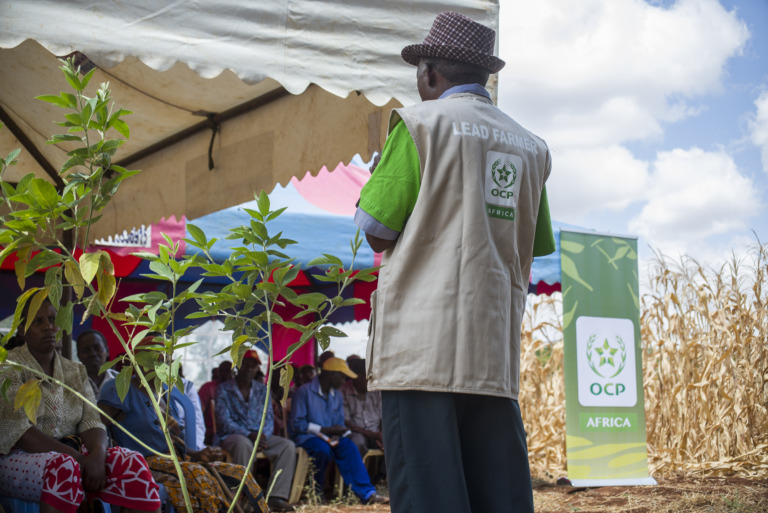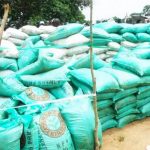The recent crash in maize prices across Nigeria has forced farmers to adopt new survival strategies, turning a season of uncertainty into an unexpected opportunity. Instead of struggling to sell maize grains at a loss, many farmers now sell their produce fresh to roadside vendors who roast or boil it for a growing number of consumers.
Maize, one of Nigeria’s most consumed staples, has seen its price plummet despite rising costs of production. Fertiliser prices remain as high as N70,000 per bag, while a 100kg bag of maize now sells for less than N50,000, leaving many farmers with little to no profit. Faced with this harsh reality, they have found a way out by tapping into the fresh maize market.
In Kano, farmers say the shift has softened the blow of the price collapse. According to one farmer with more than two decades of experience, the roadside maize roasting business has provided a vital outlet for their harvest. “We were worried about huge losses, but the high demand for roasted and boiled maize has opened a new market. The sales are moving impressively well,” he explained.
Another farmer pointed out that selling fresh maize has proven to be more profitable than storing and bagging grains. “The costs of threshing, packaging, and transportation are all avoided. With consumers turning to fresh maize, we are managing to cut our losses this year,” he said.
The trend has also transformed the maize roasting business itself. Once considered a women’s trade, it is now increasingly dominated by young men, and even elderly men, who see it as a viable source of income. Across Kano, it is common to see men at roadside stalls roasting or boiling maize to meet rising demand.
At Karfi, one of Kano’s largest maize depots, both men and women retailers are deeply engaged in the business. A fresh maize seller explained that while maize prices have dropped to between N30,000 and N35,000 per bag, the influx of new entrants into the roasting business has created stiffer competition.
Despite this, many vendors see the trade as promising, with some relying on it for daily survival. A young vendor shared how, within just a month, he had raised enough money from selling roasted maize to pay his school fees.
Agricultural experts note that the trend is not only a reflection of farmers’ resilience but also of shifting consumer habits. With purchasing power eroded by economic instability, roasted maize has become a cheaper substitute for cooked meals. An agricultural economist in Kano explained: “What is happening is simple—when the desirable is not available, the available becomes the desirable. This new pattern is cushioning farmers’ losses and sustaining livelihoods.”
For now, the demand for fresh maize provides a lifeline for both farmers and vendors, showing how necessity continues to reshape Nigeria’s food economy.


